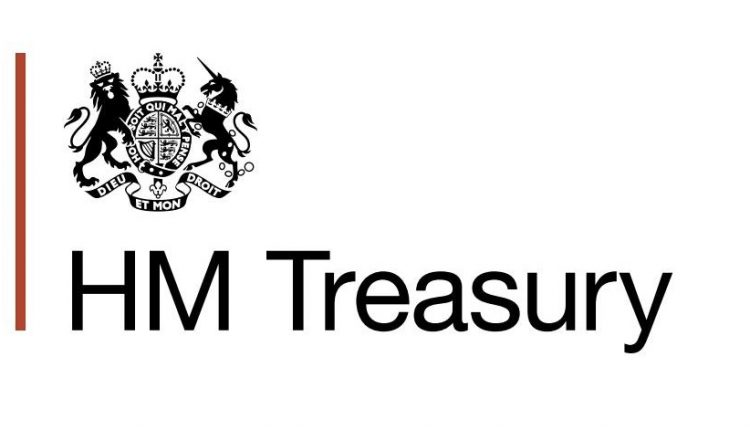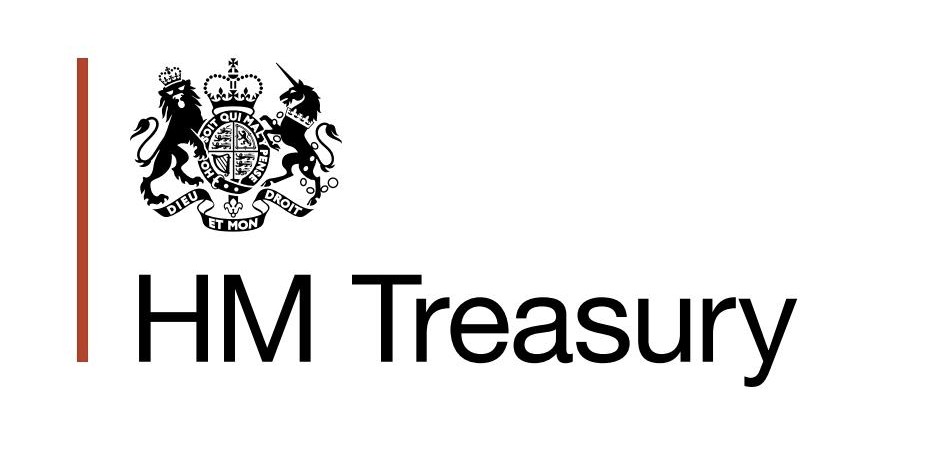Autumn Statement 2014: 16 things all businesses should know
Following Chancellor George Osbourne’s Autumn Statement 2014 announcement, here’s a summary of important changes that could affect you or your business.
1. The UK has the fastest growth in the G7 and the deficit is forecast to be halved – but there is still more to do
The UK has the fastest growth in the G7, there are more people in work than ever before, and the deficit is forecast to fall by a half by the end of 2014-15. But there are still difficult decisions ahead to continue to lower the deficit and to cut debt.
2. Stamp duty will be cut for 98% of people who pay it – only the highest value residential properties will pay more
Under the old rules, you would have paid Stamp Duty Land Tax at a single rate on the entire property price. Now, you will only pay the rate of tax on the part of the property price within each tax band – like income tax.
Under the old rules, if you bought a house for £185,000, you would have had to pay 1% tax on the full amount – a total of £1,850. Under the new rules you don’t start paying tax until the property price goes over £125,000, and then you only pay tax on the price of the property within the tax bands over that price.
Under the new rules, you’ll pay nothing on £125,000 and 2% on the remaining £60,000. This works out as £1,200, a saving of £650.
This will make the system fairer, and means stamp duty will be cut for 98% of people who pay it.
3. The tax-free personal allowance is being increased by a further £100 in April 2015, to £10,600
The personal allowance – the amount you earn before you have to start paying income tax – will be increased again from £10,000 to £10,600 in 2015 to 2016.
Typically, someone earning between £10,600 and £42,385 will be £825 better off by 2015-16 as a result of increases in the tax-free personal allowance since 2010.
Even while making difficult decisions to fix the economy, since 2010, the government has cut income tax for 26.7 million taxpayers.
4. Children will be exempt from tax on economy flights
This will apply for under 12s on flights from 1 May 2015, and for under 16s from 1 March 2016 – saving an average family of four £26 on a flight to Europe and £142 on one to the US.
The government expects these changes should be clear to consumers, and will consult on making sure that the tax is displayed on ticket prices.
5. Spouses will inherit their partner’s individual saving account (ISA) benefits after death
Currently, if someone passes away they can’t pass on their ISA to their spouse, even if they have saved the money together. 150,000 people a year lose out on the tax advantages of their partner’s ISA when their partner passes away.
From 3 December 2014, if an ISA holder dies, they will be able to pass on their ISA benefits to their spouse or civil partner via an additional ISA allowance which they will be able to use from 6 April 2015.
The surviving spouse or civil partner will be allowed to invest as much into their own ISA as their spouse used to have, in addition to their normal annual ISA limit.
6. £2 billion for the NHS to do more
The government is providing £2 billion of additional funding for frontline NHS services in England in 2015-16. This is part of a multi-year £3.1 billion UK-wide investment in the NHS.
£1 billion will fund advanced care in GP practices over four years in England; this has come from fines collected by the Financial Conduct Authority from five banks for failures in foreign exchange trading.
In England, at least £15 million will go to research in dementia, £150 million over five years will be invested to support young people with eating disorders. £200 million will go to develop new ways of caring for patients. £1.5 billion will go to local NHS services next year.
A 0-2 year old early intervention pilot has also been announced to prevent avoidable problems later in life. The government will work with four pilot local authorities to draw on the success of the Troubled Families programme.
7. Business rates will be cut and capped, with extra Help for the High Street
To support small businesses in local communities, the ‘high street discount’ for around 300,000 shops, pubs, cafes and restaurants will go up from £1,000 to £1,500, from April 2015 to March 2016.
This is in addition to doubling Small Business Rate Relief for a further year which means 380,000 of the smallest businesses will pay no rates at all.
The government will also continue to cap the annual increase in business rates at 2% from April 2015 to March 2016 – this will benefit all businesses paying business rates.
Finally, the government will extend the transitional arrangements for smaller properties that would otherwise face significant bill increases due to the ending of ‘transitional rate relief’.
8. No more employer National Insurance contributions (NICs) on apprentices under 25
To make it cheaper to employ young people, from April 2016 employers will not have to pay National Insurance contributions (NICs) for all but the highest earning apprentices aged under 25.
This is in addition to the announcement made at Autumn Statement last year that employers won’t have to pay NICs on under 21s from April 2015.
These are part of the government’s wider ambition to have the highest employment rate in the G7.
9. Loans for postgraduate masters
From 2016-17, income-contingent loans will be available for postgraduate taught masters courses in any subject for those under the age of 30.
The loans, of up to £10,000, will beat commercial rates.
This will mean that more people will be able to take advantage of postgraduate courses, including those from low income backgrounds.
10. £5.9 billion sustained investment in science
This will make sure the UK remains the best place in the world for science and research, and includes £95 million to take the lead in the next European mission to Mars.
£235 million will also go on a new science research centre called the Sir Henry Royce Institute in Manchester and £20 million will go towards a research centre on ageing, in Newcastle.
11. Long term plans for infrastructure
This includes £15 billion on roads, nearly £6 billion funding for local road improvements, and over £2.3 billion towards over 1,400 flooding and coastal erosion protection schemes.
12. The government is clamping down on tax avoidance by multinational companies
Currently some large multinational companies divert profits abroad through complicated business structures, such as the so-called ‘double Irish’, in order to avoid paying taxes. The government is introducing a new tax to counter this.
The ‘diverted profits tax’ will apply to a company’s profits that have been diverted from the UK through complex arrangements such as these, and will apply to both UK and foreign multinational companies.
So if a company conducts a lot of activity in the UK – sales, for example – but can avoid paying corporation tax by moving profits generated in the UK to other countries through the manipulation of the international tax rules, the UK will now be able to tax those profits at a rate of 25%.
This will be introduced from April 2015.
13. Banks will increase corporation tax payments
Some banks made large losses during the financial crisis, and subsequent misconduct and the costs associated with mis-selling scandals. These losses are now being used by banks to eliminate corporation tax payments on current profits.
It is unsustainable that some banks will not be making corporation tax payments for another 15 to 20 years. So from 1 April 2015, the government will therefore restrict the amount of banks’ profits that can be offset by carried forward losses to 50%, increasing their contribution to public finances through their tax payments.
14. Creative sector tax reliefs will be extended to children’s TV
Following on from the success of the film, high end TV, animation, video games and theatre tax reliefs, a new children’s TV tax relief will be introduced from April 2015.
This will counteract a decline in investment in children’s TV in the last decade. Eligible companies will be able to claim 25% of qualifying production spending back through the relief.
The government will also consult on introducing a new orchestra tax relief in April 2016.
15. A further £7 billion announced to build a Northern Powerhouse
This money will be spent on connecting up the North to create a powerhouse by investing £6 billion on roads to reduce jams, introducing new modern trains and 20% more capacity to end overcrowding, developing HS3 to make east-west travel faster, and doubling the number of northern cities to benefit from the government’s superfast broadband programme. Funding will also go on building the North’s strengths in science, with major new science investments across the North.
16. Search and rescue and air ambulance charities will be eligible for VAT refunds from 1 April 2015
From 1 April 2015, search and rescue and air ambulance charities will be eligible for VAT refunds, in recognition of the vital role they play in providing support to the emergency services.
The government will also meet the costs the hospice sector faces from VAT.


